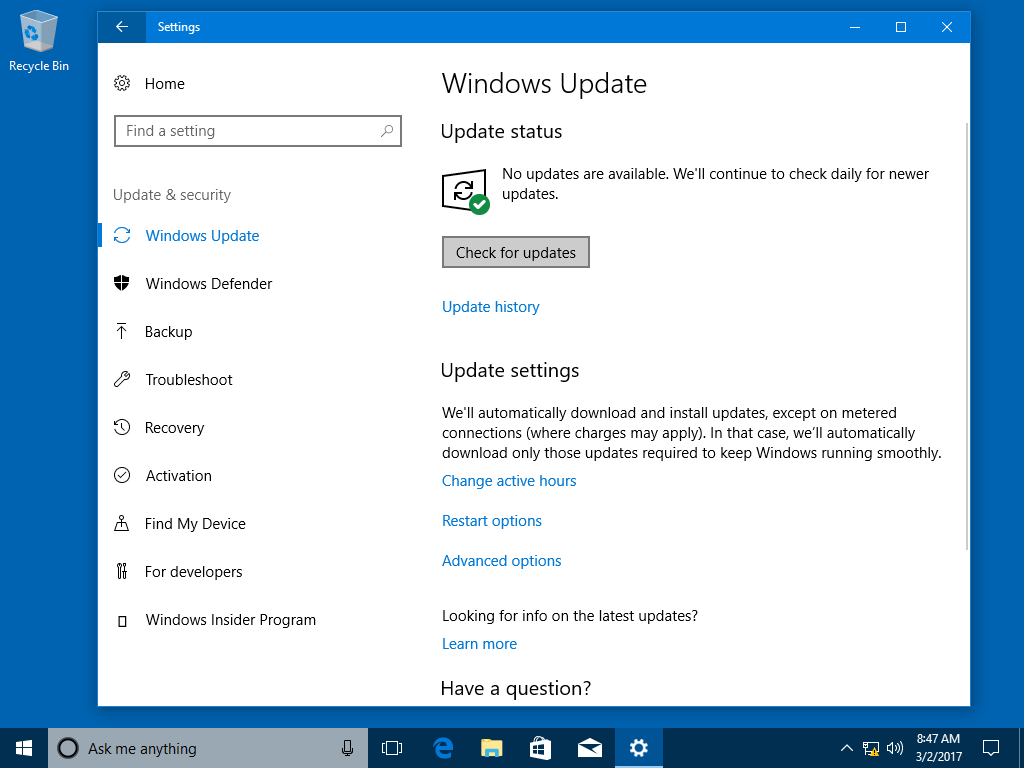
Q: I have a 2015 Dell laptop with a 32-gigabyte solid-state drive running the original 2015 Win 10 Home version. I’ve never been able to update Windows 10 due to insufficient disk space. I only have 5 gigabytes of free disk space no matter what I do. I’ve tried disk cleanup and deleted unused programs but still only see a marginal improvement in disk space.
When the unit was still under warranty I spoke with Dell support about this issue. They said essentially just live with it, that it wasn’t a big deal. Do you have any solution for this problem? Or should I just be content with the status quo? The laptop works reasonably well and I don’t want to create a problem and wind up with a nonfunctioning computer.
A: I’m afraid it IS a big deal. If you can’t update Windows you’re not getting security patches, leaving your computer vulnerable. So I’d invest in a fast external solid-state drive (SSD) and move as much of your data over to that drive as is needed to free up the 20 gigabytes needed to install the 64-bit version of Windows 10. (You’ll only need to free up 16 gigabytes if you’re installing the 32-bit version.)
Q: I have an HP desktop computer with Windows 10 operating system. I am mostly using the Microsoft Edge browser. Starting about a month ago when I put the computer in the sleep mode it will go to sleep but will wake up after a few minutes. I have a friend that has the same problem with his laptop. This may have started after one of Microsoft’s Windows updates.
— James
A: There are a lot of potential causes for your computer coming out of sleep mode.
The first thing to do is to check on what Windows itself reports woke it up. At the Start menu scroll down to the Windows System folder. In that folder right-click on the Command Prompt then select More/Run as Administrator. Finally, in the command prompt that pops up, type: powercfg -lastwake.
Of course, what you do after that depends on what Windows reports. It could be a misbehaving device, a network adapter or even malware.
Q: Wow. Last night I watched the Netflix production “Our Social Dilemma.” It was chilling. I hope all users of social media watch this program, especially parents who allow their children to use social media. I immediately deleted my Facebook account, but I want to continue to access the internet. I’ve been a solid Chrome user for years, but no more. Can you guide me in selecting a search engine/browser that doesn’t track and sell my browser data, and better protects my privacy?
— Lisa
A: In large part for its privacy features, the browser I most often use is Mozilla Firefox. But it’s not just the browser you’ll want to consider. If you’re using Firefox but using Google as your search engine you’re still exposing a lot of personal data. That’s why I use google as my primary search engine. Their promise: “Our privacy policy is simple: we don’t collect or share any of your personal information.”

